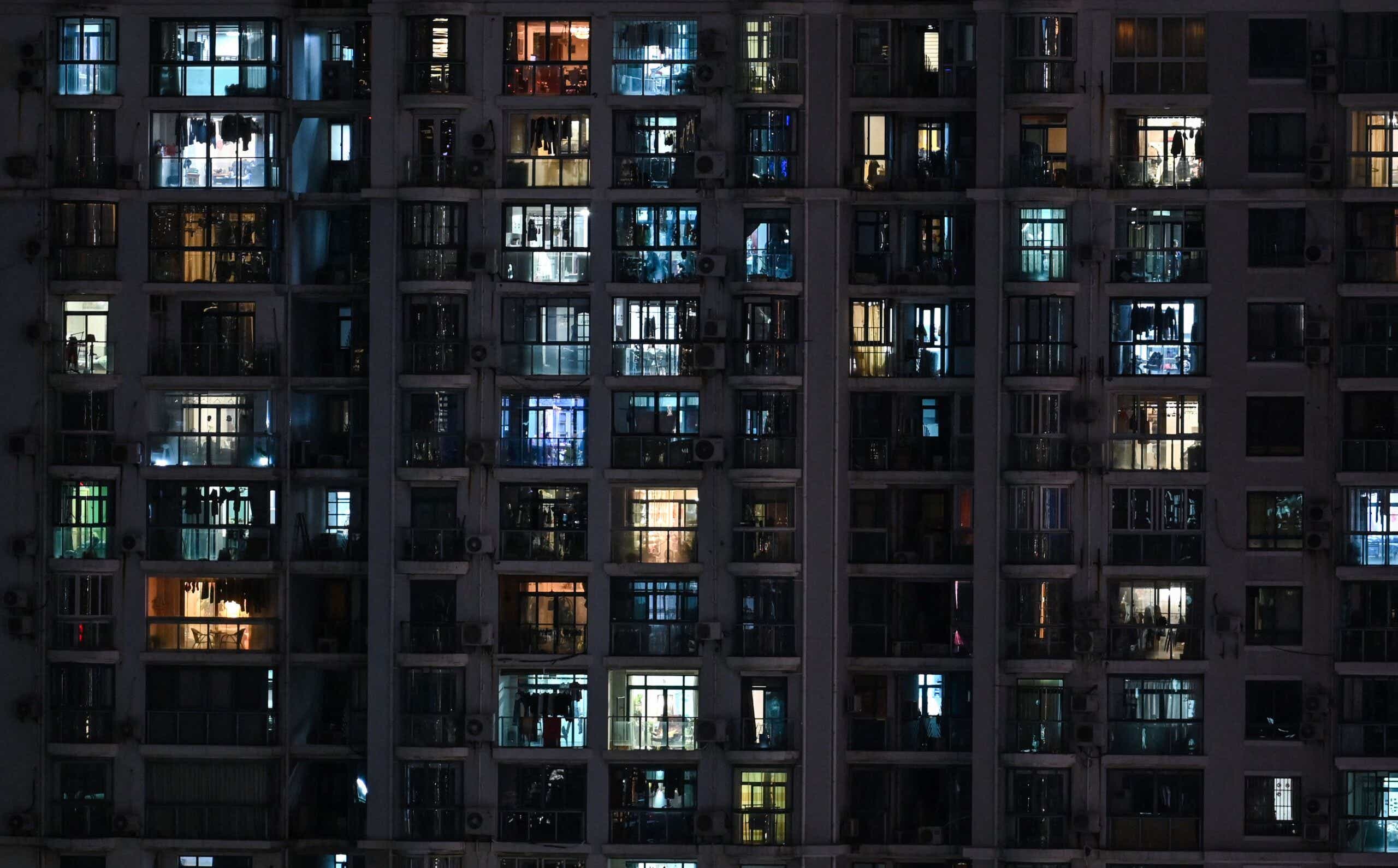We’ve been justifiably distracted by the Russian invasion and rising gas prices, but there’s a huge threat to the global economy we can’t ignore any longer: The nearly 400 million people in China under lockdown.
As CNN notes, this isolated group, which includes 25 million people under indefinite lockdown in Shanghai, equates to 40% of GDP, or $7.2 trillion, for the world’s second-biggest economy.
“Global markets may still underestimate the impact, because much attention remains focused on the Russian-Ukraine conflict and US Federal Reserve rate hikes,” Lu Ting, Nomura’s chief China economist and colleagues wrote in a memo last week.
Per CNN, these developments may accelerate the Biden administration’s efforts to reduce the United States’ reliance on Chinese products and supply chains, but in the immediate term, the outlook in China and beyond remains dire.
The broad picture in China
In March per the BBC, China’s consumer spending declined while unemployment rose to 5.8%, the highest level since May 2020, as millions were unable to leave their homes during lockdown.
Though the country’s economy grew at a faster pace than expected in the first quarter of 2022, expanding by 4.8% versus 2021, it failed to meet Beijing’s 5.5% goal.
Tommy Xie, head of Greater China research at OCBC Bank, told the BBC that the current lockdowns, which are just a few weeks old, are having a “limited” impact so far, but he foresees a significant drag on economic growth by May.
“[China] is likely to feel the full-blown impact from the lockdown,” Mr Xie explained. “The impact in April is likely to deepen given the longer-than-expected lockdowns in Shanghai and spillover to other parts of China.”
As outrage over the government’s zero Covid policy grows, The Guardian notes that clashes between desperate Chinese residents and the police are becoming more frequent. Other complaints shared on — then swiftly removed from — social media are also on the rise, particularly regarding food and medical supply shortages, which have reportedly forced some in the global financial hub to resort to bartering.
The Shanghai lockdown
Among the most alarming repercussions of China’s zero-Covid policy has been the Shanghai lockdown, which has had a seismic impact on trade. According to CNN, Shanghai has the biggest GDP of all Chinese cities amounting to $679 billion, the third-largest stock market worldwide, and according to Forbes, it’s also home to the fifth greatest number of billionaires in the world.
According to the government’s 2021 statistical yearbook as reported by CNN, Shanghai produces 6% of China’s exports, in addition to housing the largest port in the world, which last year handled over 20% of Chinese freight traffic. That port is now effectively at a standstill, and for weeks travel restrictions have left truck drivers struggling to get containers in and out of the port on time, clogging up terminals and leaving unrefrigerated food supplies rotting in limbo.
Per CNN, Shanghai is also the fourth-busiest aviation hub in the world after London, New York, and Tokyo, yet many passenger flights have been suspended, and cargo airlines have been forced to cancel all flights in and out of the city. This in turn has prompted a spike in air freight rates, which will inevitably have a knock-on effect worldwide. On the ground meanwhile, more than 90% of trucks supporting import and export deliveries are currently out of action.
Many major international companies like Pegatron, a key producer of Apple’s iPhone, have also had to pause their Shanghai operations due to the lockdown.
According to the Japanese newspaper Nikkei as reported by the BBC, major Apple MacBook manufacturer Quanta, and iPad maker Compal Electronics, have also halted their business in Chinese cities.
What’s being done?
On Friday, China’s Ministry of Industry and Information Technology said in a statement that it has sent a task force to Shanghai to work on a plan to resume production at 666 key manufacturers in the locked-down city. Tesla executives are reportedly preparing to reopen their doors today and resume production on Tuesday, ending the factory’s longest pause since its 2019 opening. According to Reuters, the automaker has so far lost over 50,000 units of production.
Per guidance issued on Saturday, companies applying to resume work must stock up on medical supplies and establish closed loops for workers, who must either live at the workplace or travel exclusively between work and home.
The long-term impact
In a report released last week, the World Trade Organization warned that in a worst-case scenario, “decoupling” global economies aiming to increase self-sufficiency in light of Russia’s invasion of Ukraine could reduce long-term global GDP by 5%.
According to an analysis by CNN, this is very unlikely given the deep-rooted financial connections between China and the U.S., the two biggest economies in the world. Mutual investment in stocks and bonds hit $3.3 trillion at the end of 2020, according to data from Rhodium Group. “These are still very intertwined economies,” Hirson told CNN.









